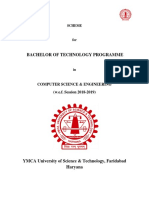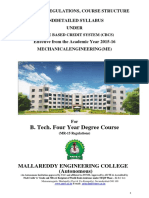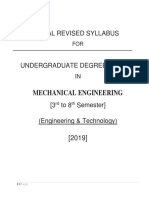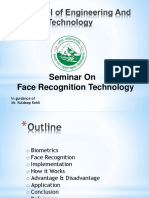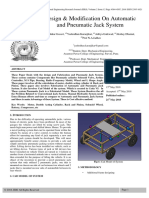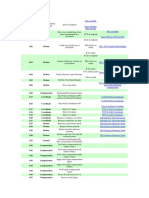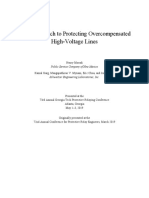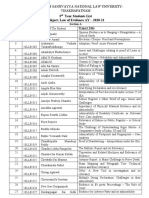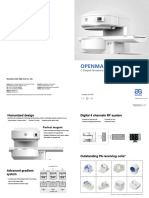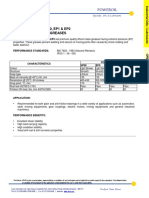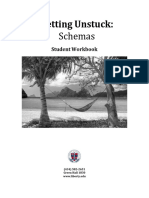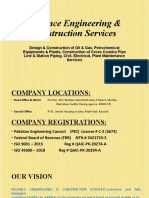0% found this document useful (0 votes)
33 views14 pagesProgramme Credit Framework
The Programme Credit Framework outlines various categories of courses in an engineering curriculum, including Foundational, Professional Core, Elective, and Humanities courses, with total credits ranging from 0 to 70. It emphasizes a structured approach to learning, integrating theory with practical applications through internships, capstone projects, and laboratory work. The framework aims to provide a comprehensive education that fosters interdisciplinary collaboration and real-world problem-solving skills.
Uploaded by
Devabn NirmalCopyright
© © All Rights Reserved
We take content rights seriously. If you suspect this is your content, claim it here.
Available Formats
Download as PDF, TXT or read online on Scribd
0% found this document useful (0 votes)
33 views14 pagesProgramme Credit Framework
The Programme Credit Framework outlines various categories of courses in an engineering curriculum, including Foundational, Professional Core, Elective, and Humanities courses, with total credits ranging from 0 to 70. It emphasizes a structured approach to learning, integrating theory with practical applications through internships, capstone projects, and laboratory work. The framework aims to provide a comprehensive education that fosters interdisciplinary collaboration and real-world problem-solving skills.
Uploaded by
Devabn NirmalCopyright
© © All Rights Reserved
We take content rights seriously. If you suspect this is your content, claim it here.
Available Formats
Download as PDF, TXT or read online on Scribd
/ 14























